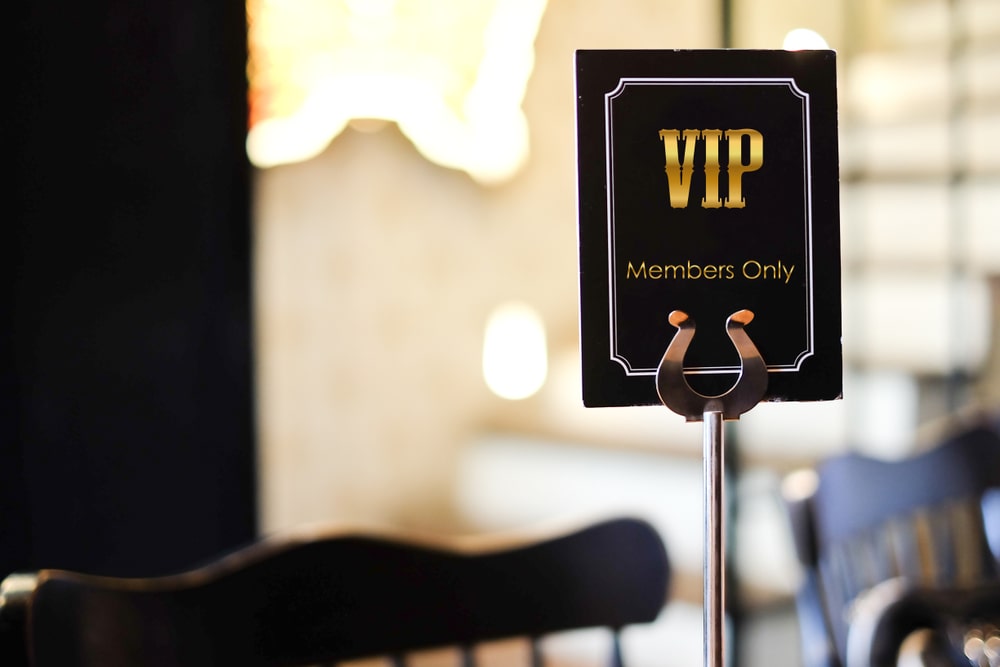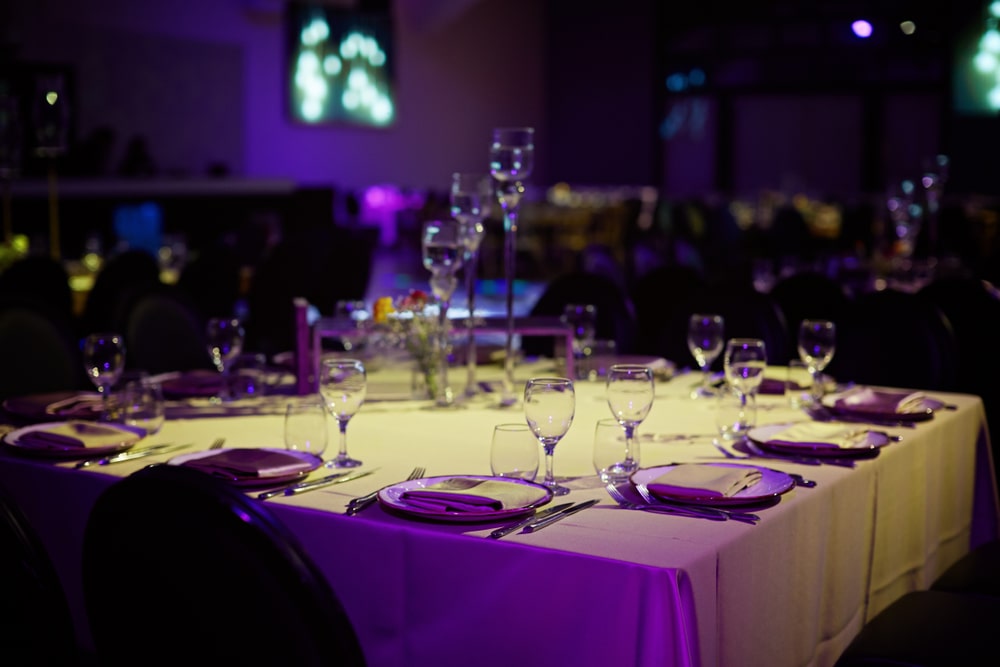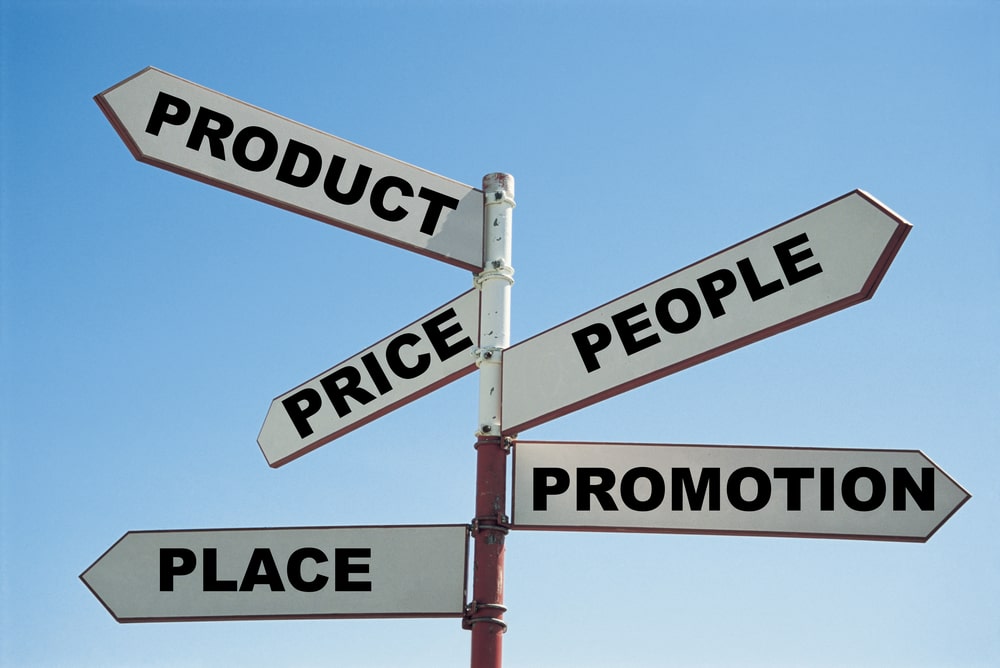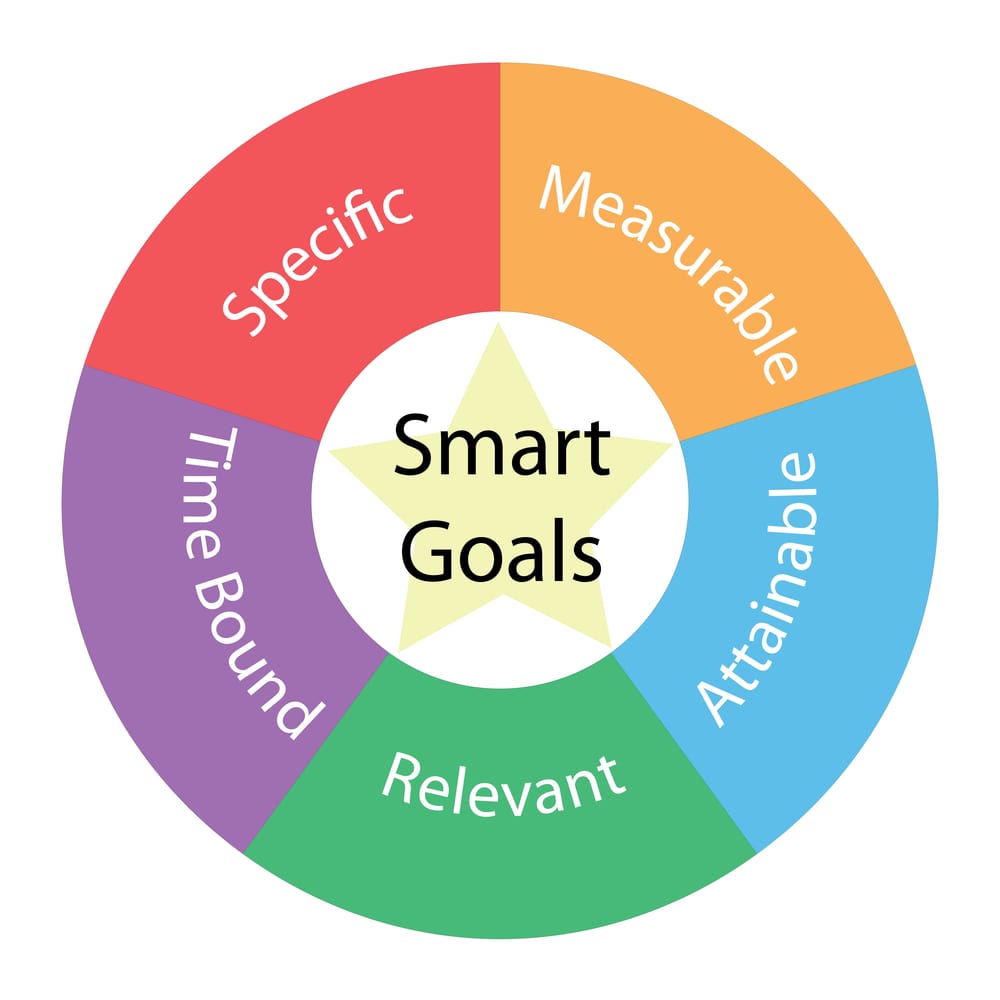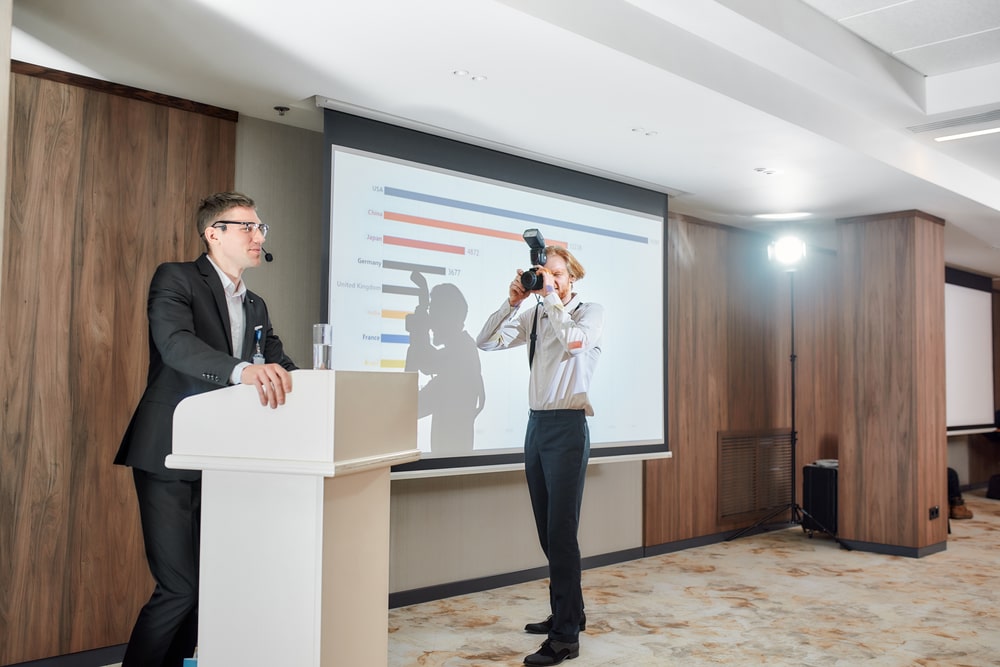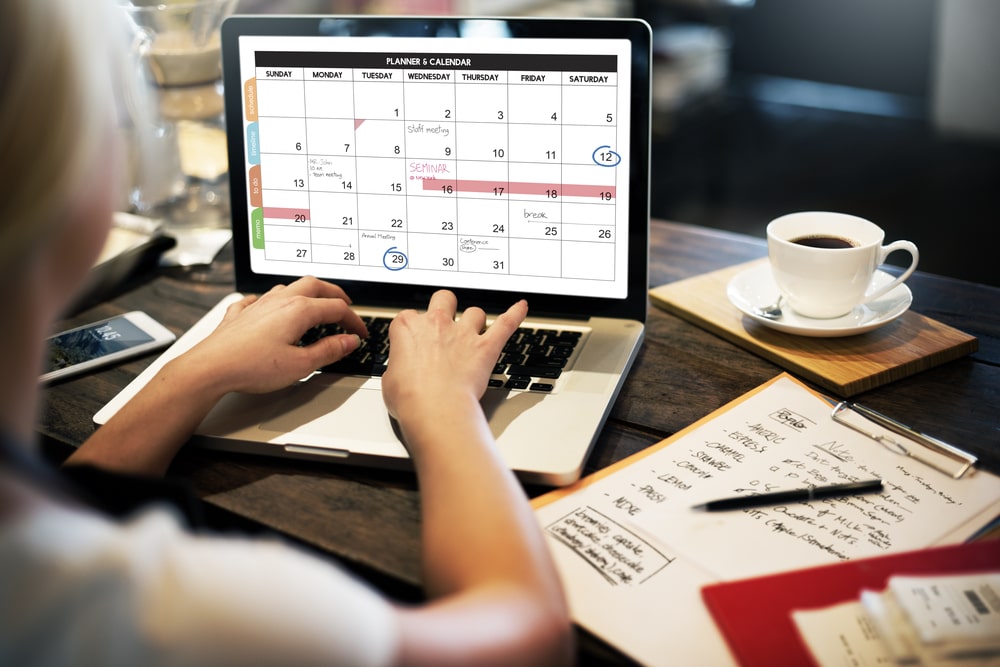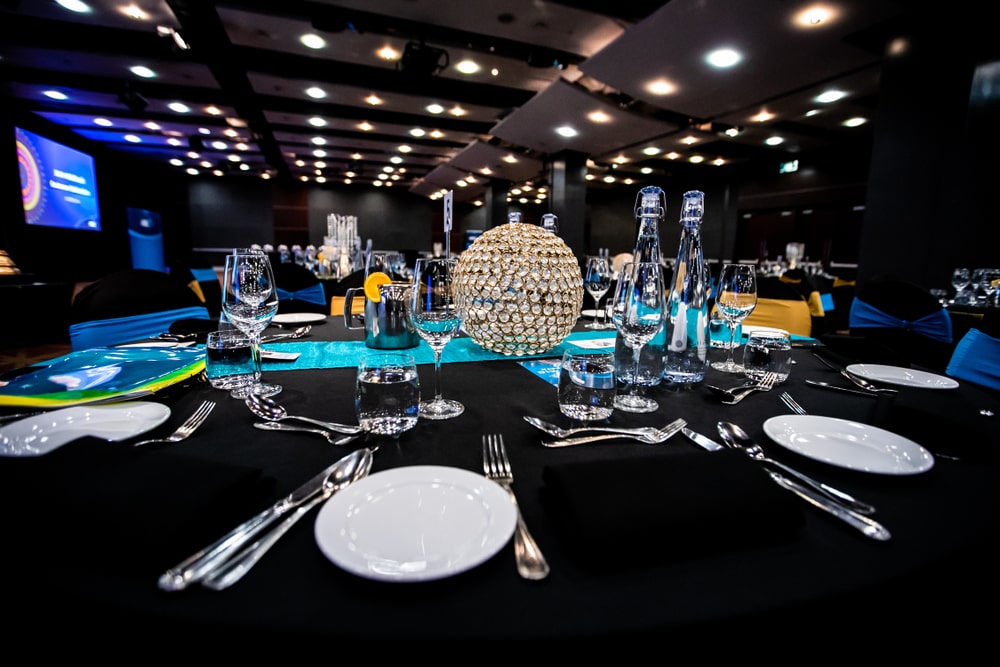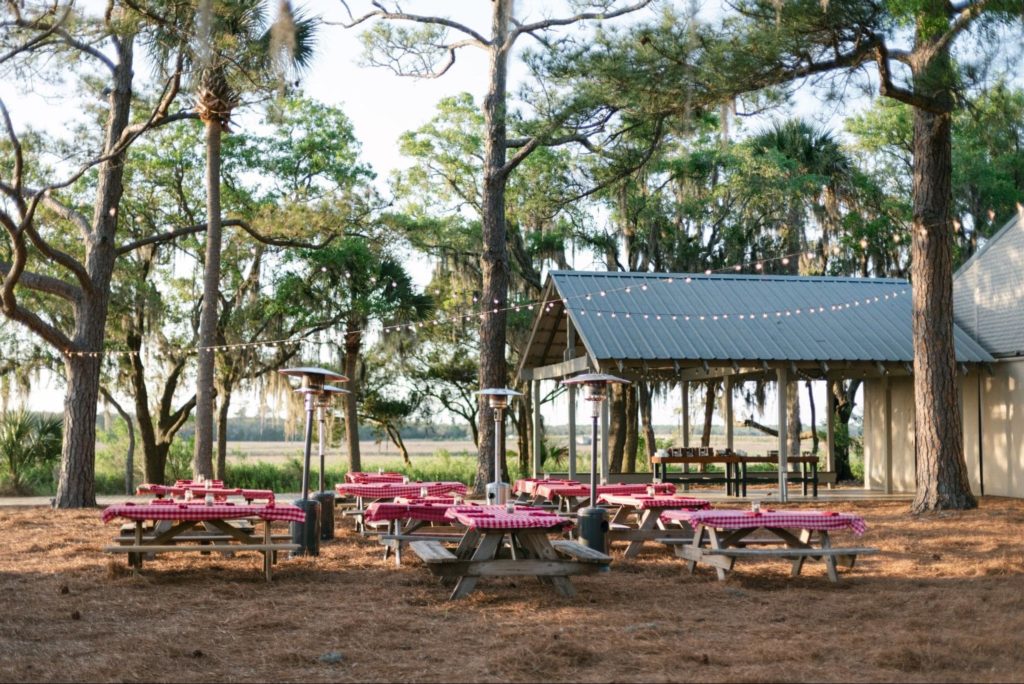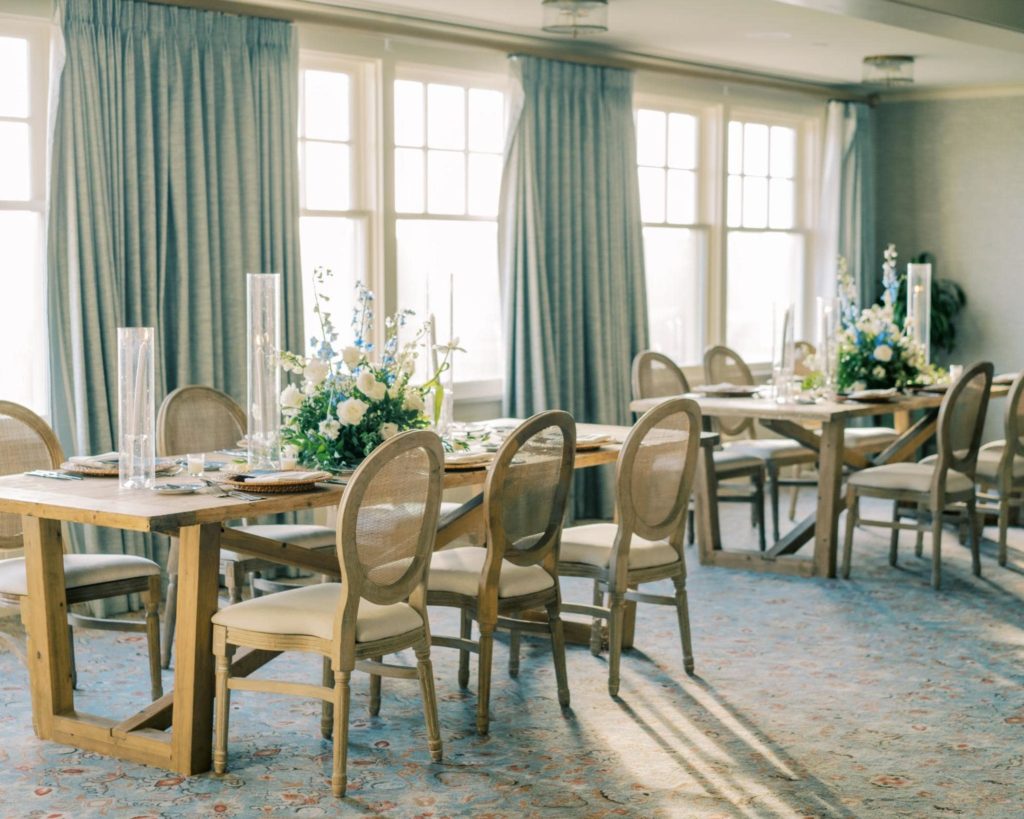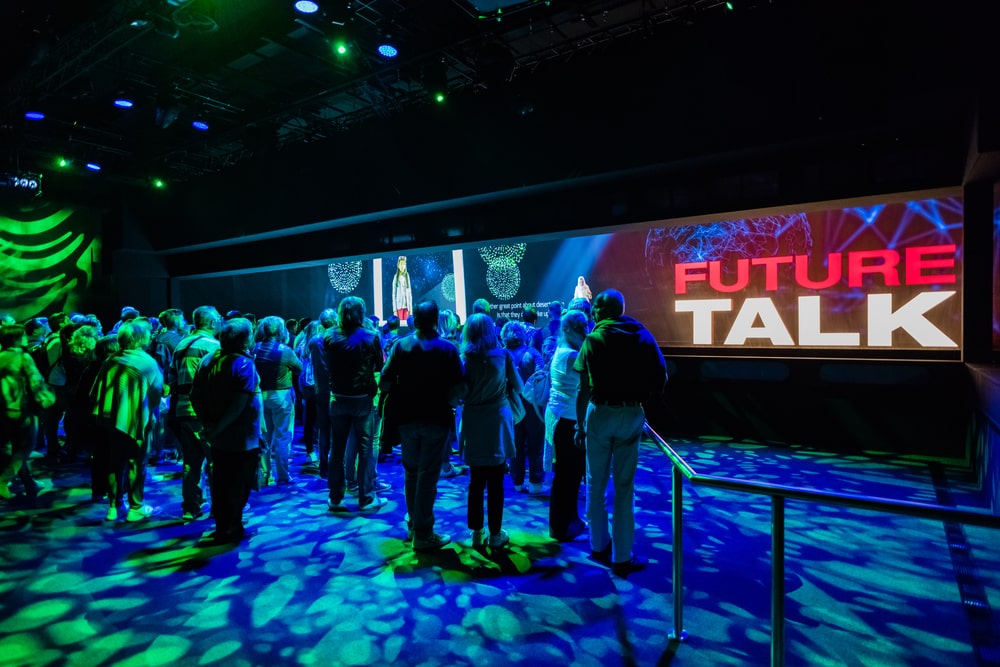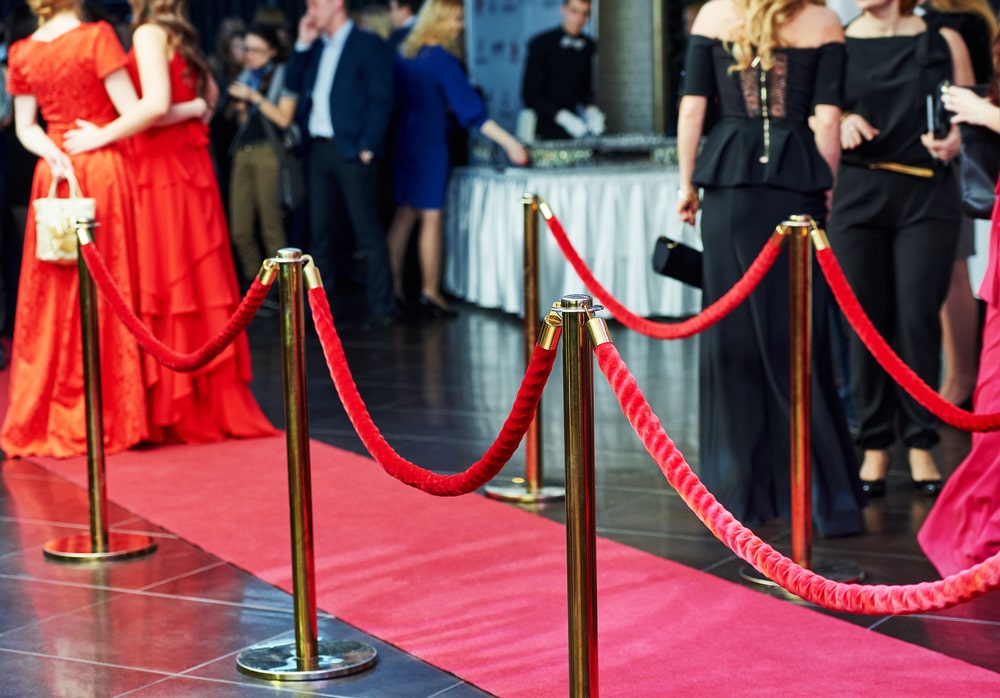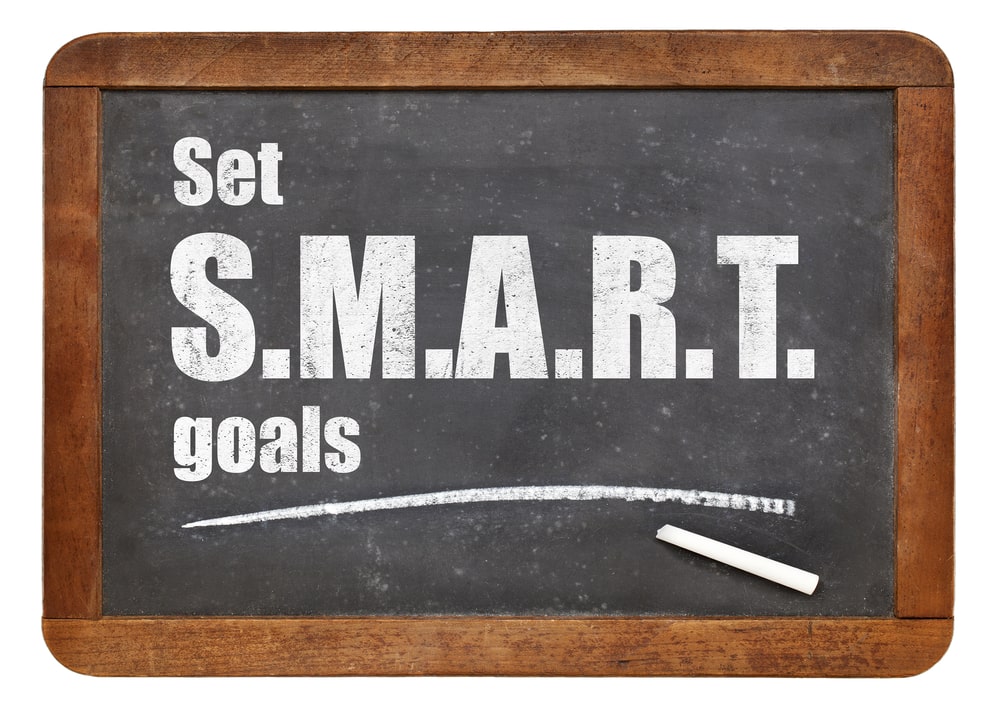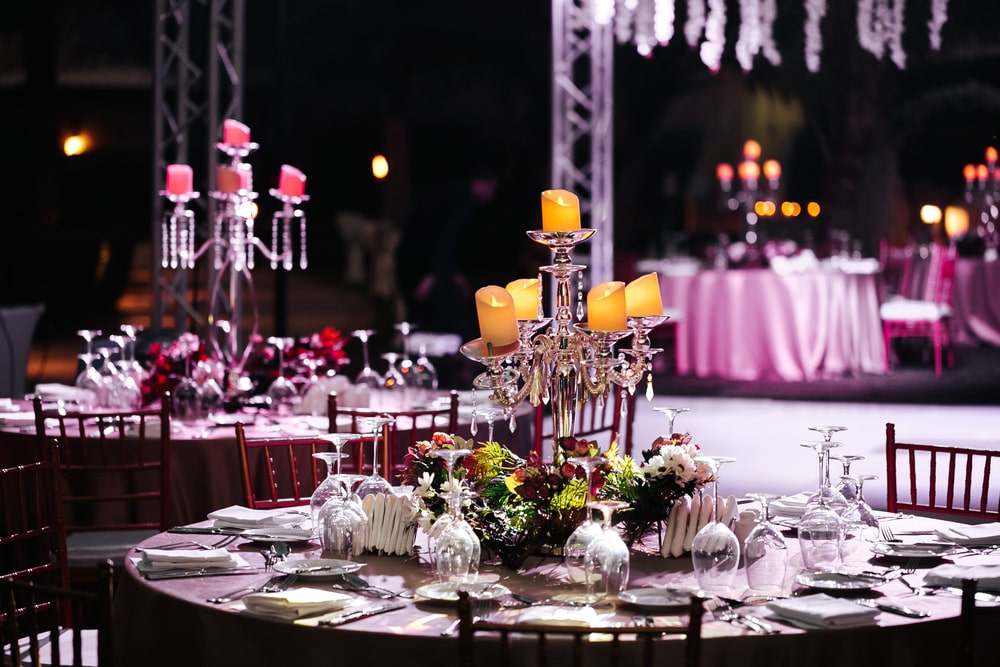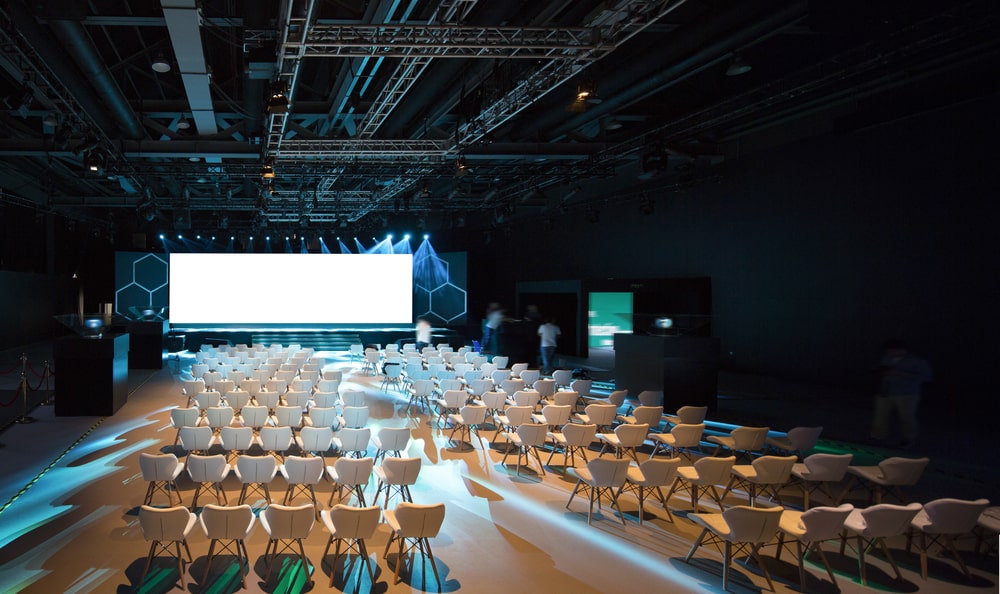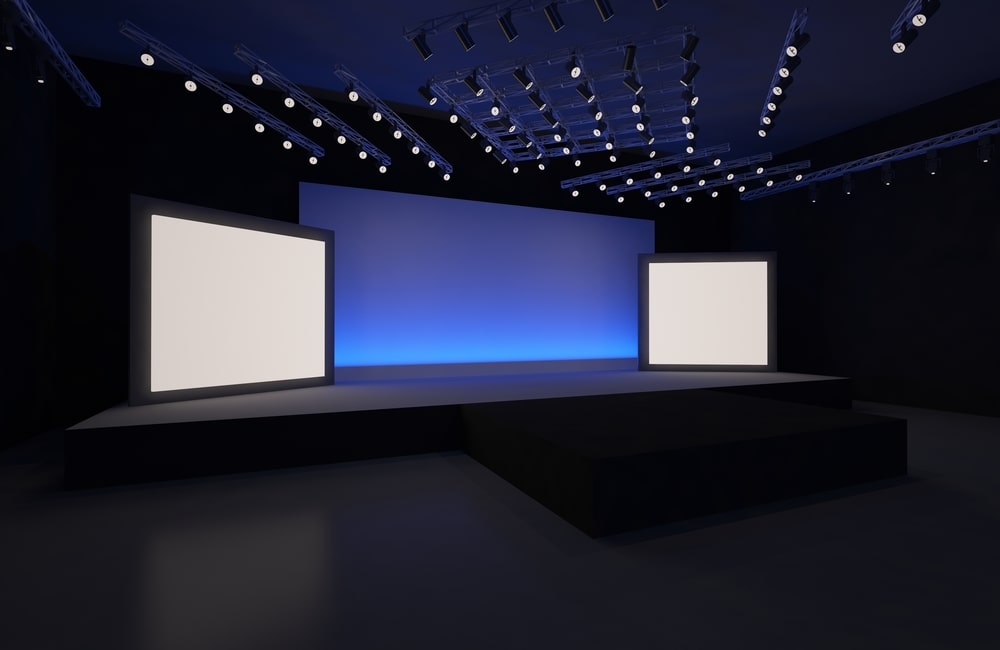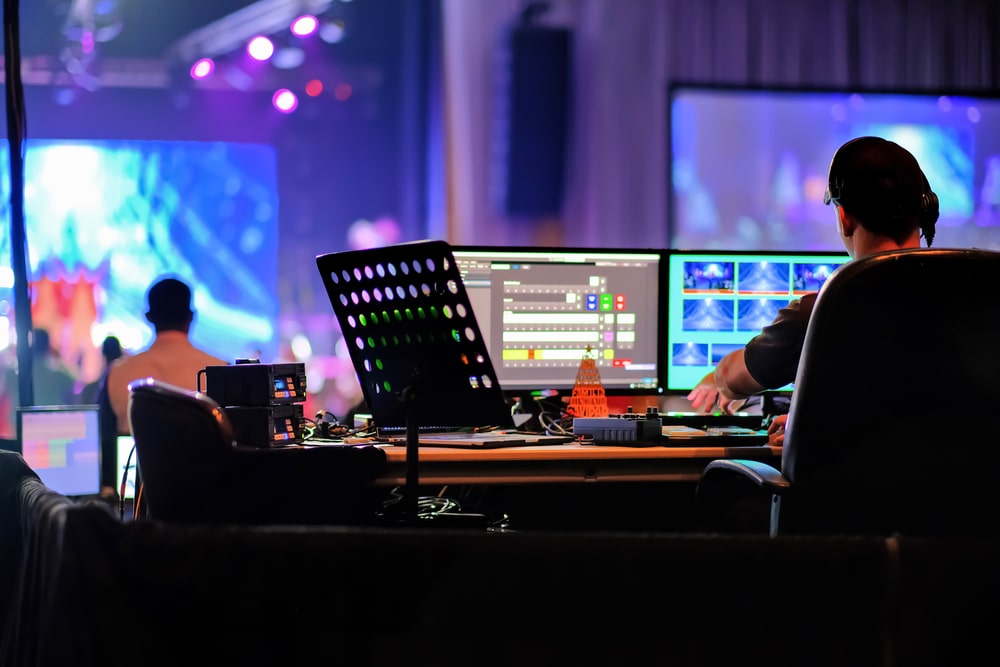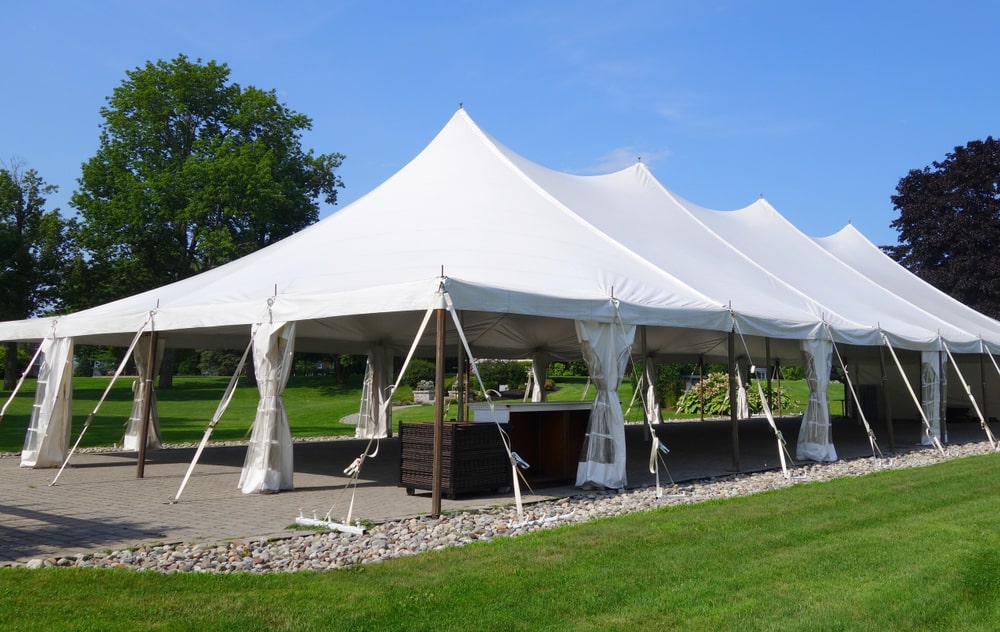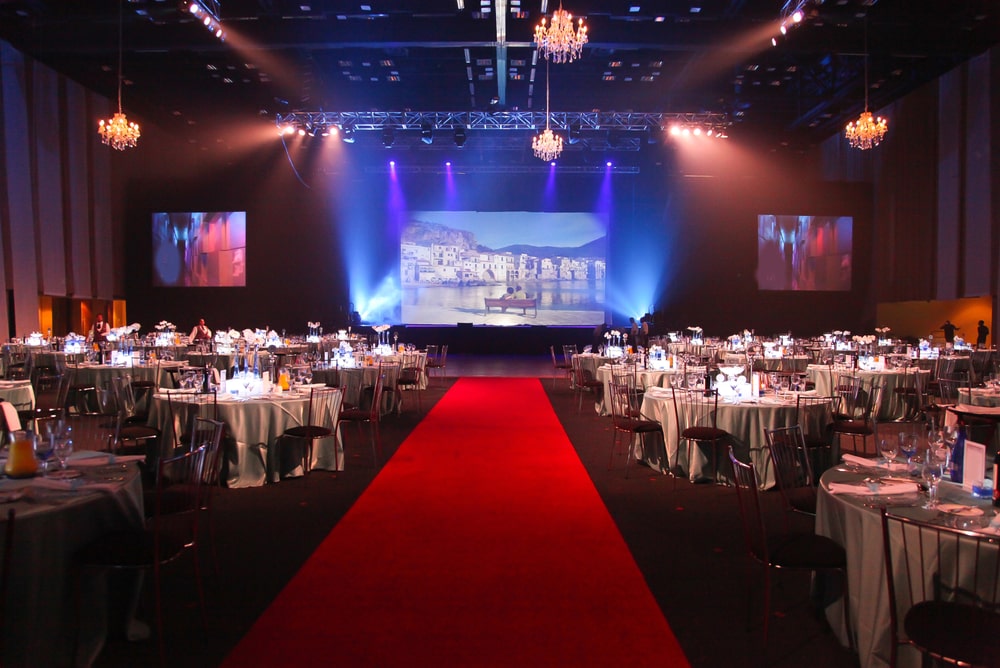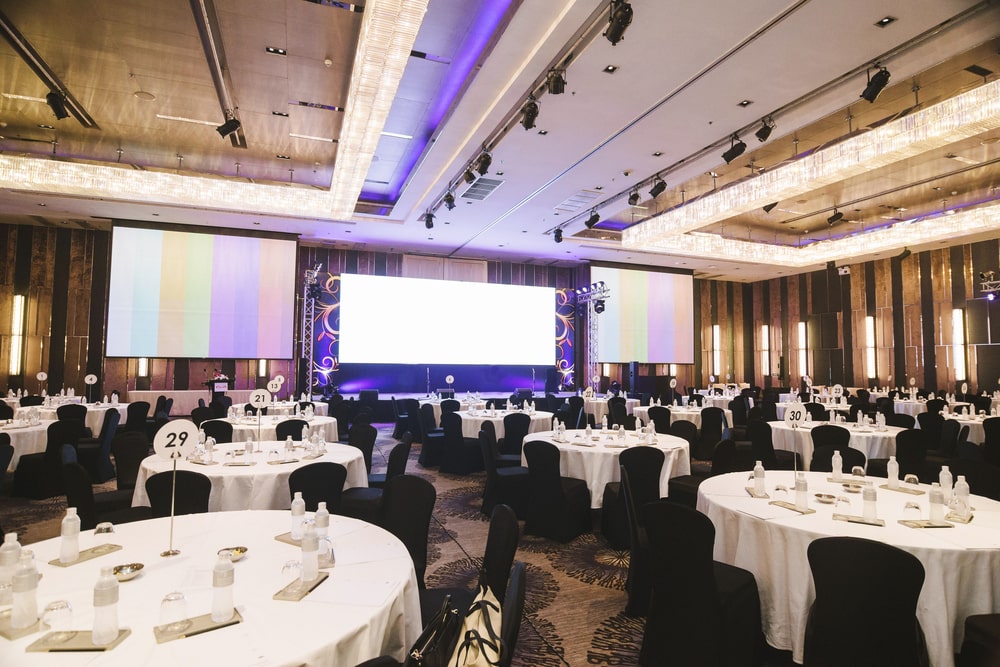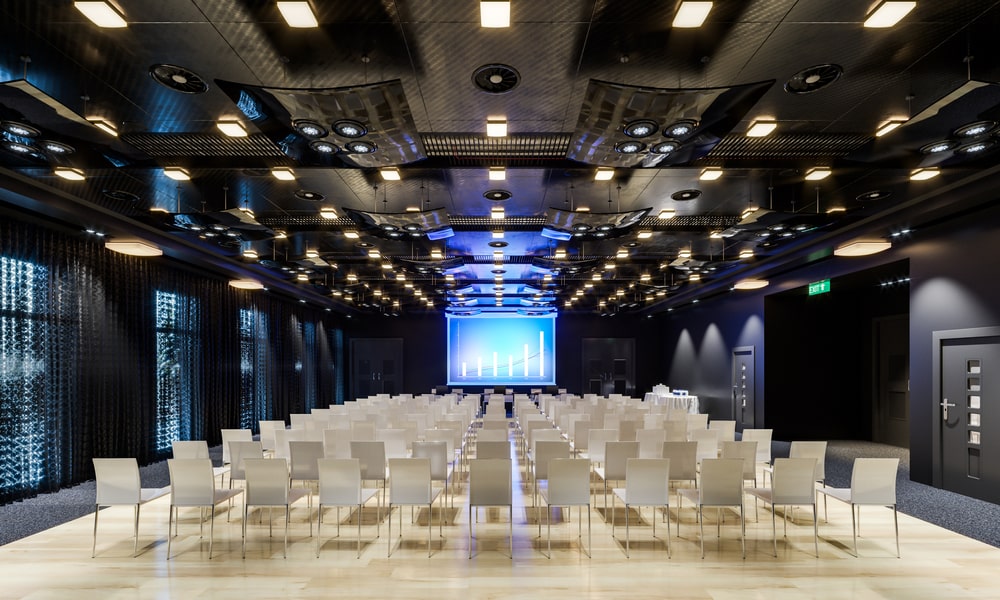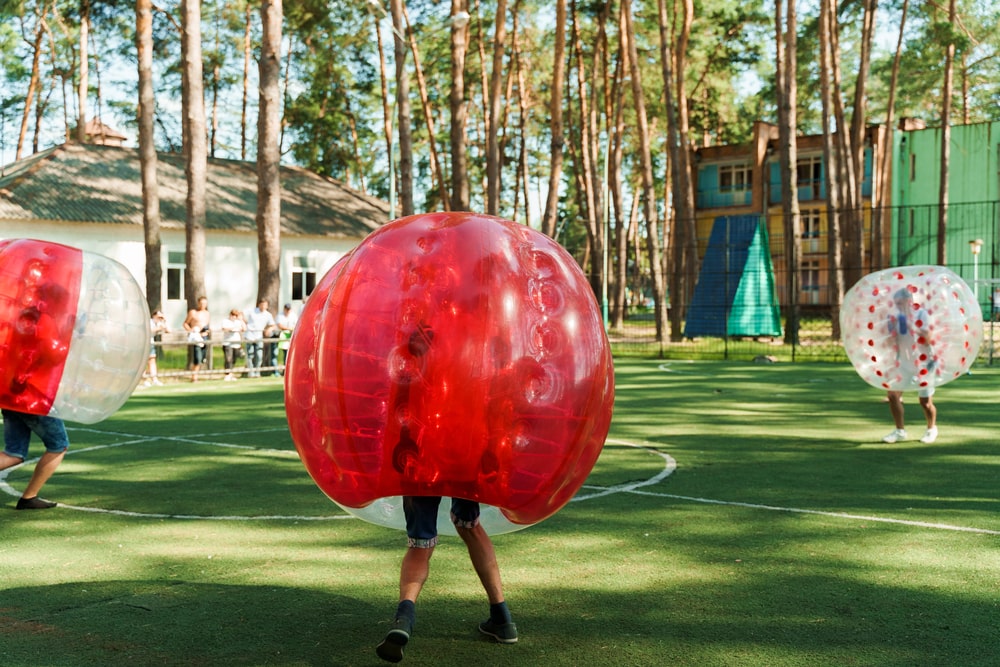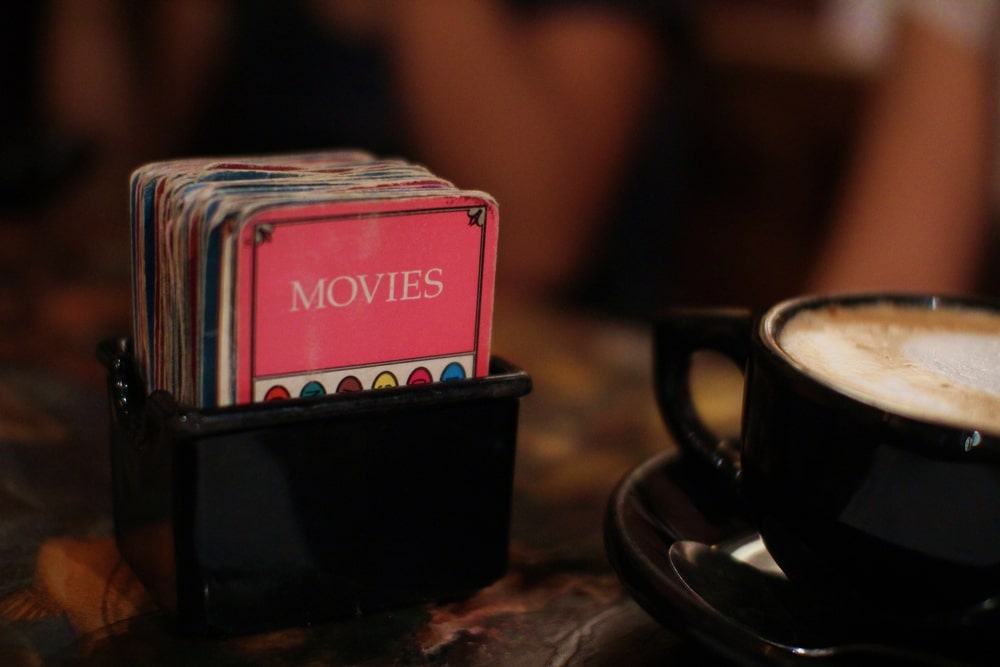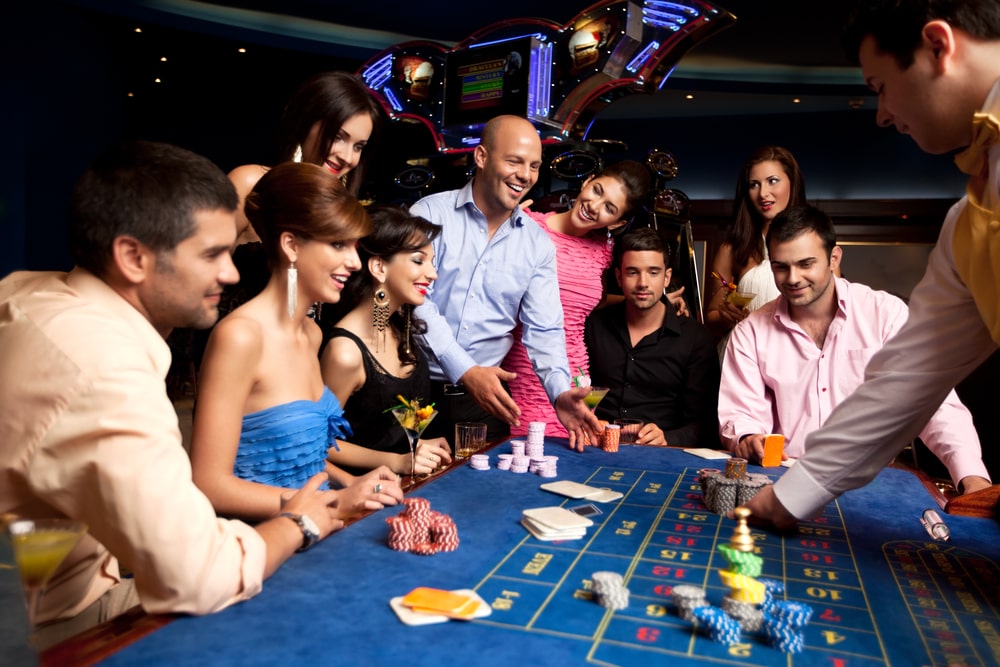
The right lighting is critical to creating a functional, beautiful space. Lighting can set the tone for any event, helping you to make it intimate and soothing or bright and full of life. Consider the wide range of lighting rental options available for your event.
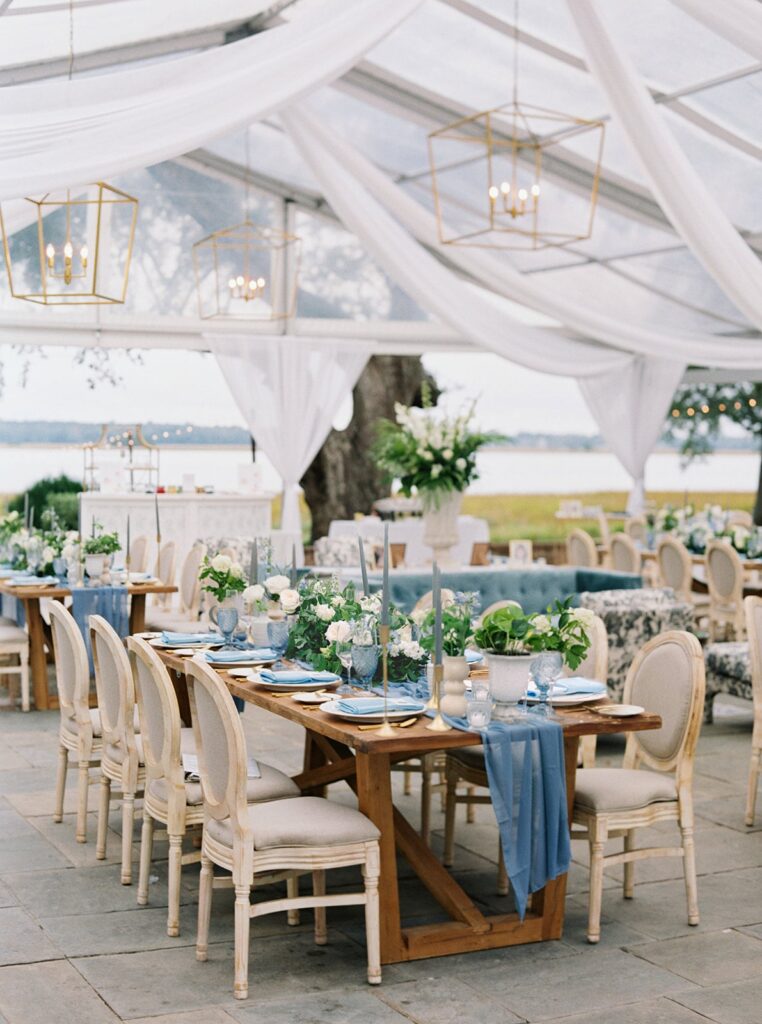
Types Of Event Lighting
Numerous types of event lighting are available. After gathering some information about how you plan to layout your event and the type of lighting each area needs, consider each of the following lighting options.
Market Lights
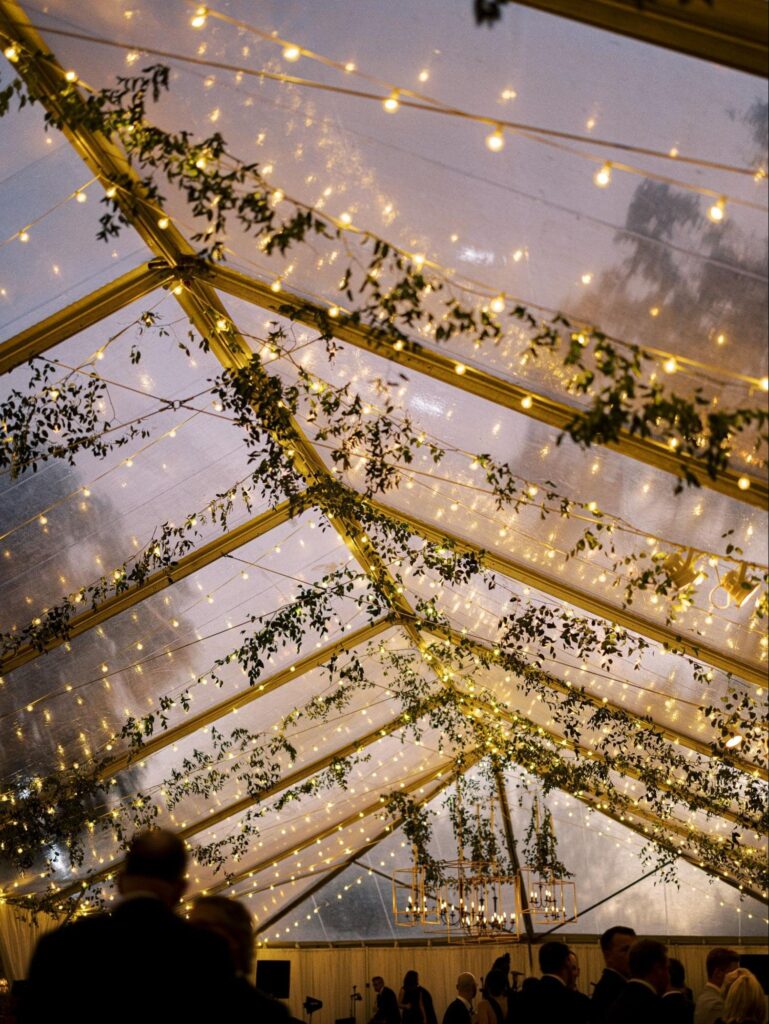
Market lighting specifically helps with lighting up structures, such as the building or perhaps a gazebo. It can help to make the outdoor spaces beautiful while showcasing the elegant look of a space. Use it indoors or outside.
Ellipsoidal Lighting
With the ability to use them as spotlights, ellipsoidal lighting is beneficial for a wide range of events when you want to put the focus on a specific person or area. This can be an excellent option for events with a speaker or performance.
Specialty Pendants or Chandeliers
This type of lighting makes the biggest impact! We offer a large variety of high end, specialty pendants and chandeliers. Shown below is our Black Iron & Rope chandelier.

Uplighting
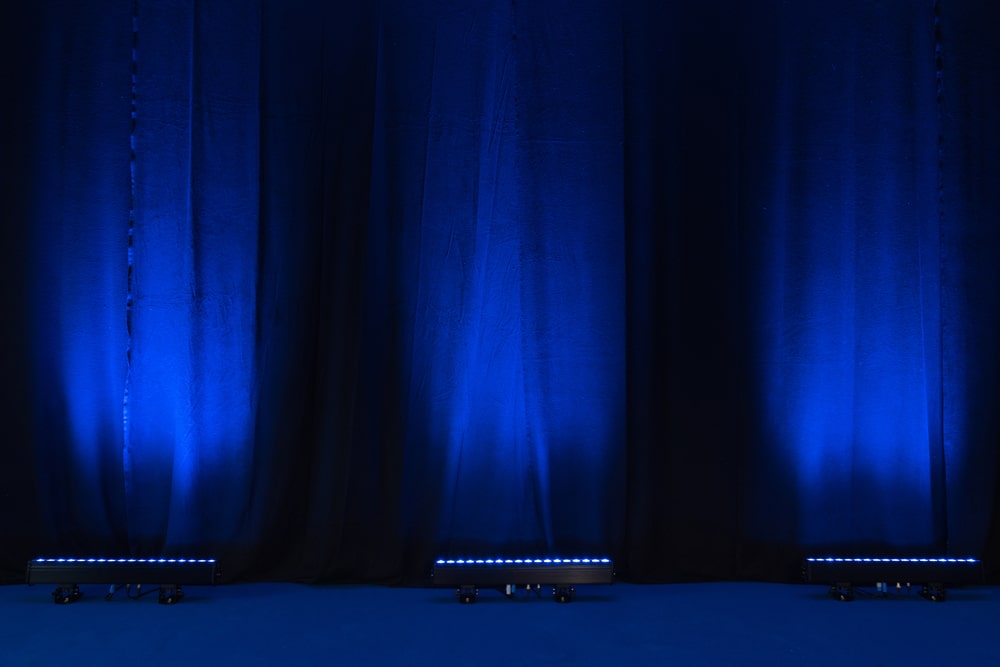
Uplighting helps to focus light upwards. They can be used against a dark backdrop or positioned on a speaker. Use them on tables, too, to create more focus on one table over the other.
Laser
Laser lights are an excellent, dynamic component of lighting. They allow for bright, sometimes neon, lights to be used in a straight line across a room or wall. They can be paired with other light beams or used with a disco ball.
LED Lighting
Consider LED lighting when you want to add a significant amount of light to an event, such as to really brighten up an area. They can be used in a strobe pattern but also work well in a constant position.
Stage Lighting
If you plan to have a stage or any area in which you want a lot of lighting focus, stage lighting works well. Rent this type of lighting when you want to showcase an area.
Indoor Or Outdoor Event?
If you are planning to rent lighting for your event and the event will be outdoors, choose special lighting that can work within that environment. The weather is one of the most important factors in this.
You also need to think about the rental lighting needs in terms of how much space you wish to illuminate and, as a result, how many lights you need in that space. Also, consider:
- Where you can plug them in and how much power will be needed?
- How many will be necessary to fill the entire space?
- Will a generator be necessary?
- Where will you hang the lighting?
- What type of spacing do you need?
Create a Lighting Plan
Now that you have a good idea of what your options are, it is time to create a lighting plan. Most types of corporate or informal events will require more than one type of lighting. That means you should consider things like the following:
- Are there any areas where you need a specific focus, such as a stage, speaker, table, or other space?
- Which areas of the event will need mood lighting based on the use of that space?
- Do you need added lights on or over tables?
- Are there projects being worked on that may require more extensive or brighter lighting?
- What types of activities are better suited for dimmed light?
Once you have this determined, you will then need to choose from the above list of rental lights to determine which ones fit each need.
Determine the Necessary Equipment for Your Lighting
With an idea of what you need, now you need to determine how you will place lights throughout the space. Most of the time, this is where the lighting rental plan can become challenging. Consider the position of the lights within the room.
- How will you power them?
- If they need to be plugged in, are there enough outlets where you need to use them?
- If they will hang from the ceiling, how will you make that possible?
- Do you need lights that will focus downward, and if so, how will you mount these lights?
- What can you do to minimize people tripping over cords?
Managing the Stage
If you have a stage or another area that you need to have a lot of light on, there are a few important aspects to consider about this process. You can use color or stage washes as a way to facilitate a better experience, for example.
This type of lighting helps to fill in the space with bright lights or colors. It helps to brighten up a display, too. Use them for highlighting areas. You can often use colors that fit your brand or even your logo to help them stand out.
Many times, spotlights are a critical component of stage lighting. They work well when focusing on a specific person or area. If you use spotlights, do so in a way that creates a positive look without overpowering the area. Consider using ambient lighting in the area around the stage. It is also possible to use lighting in the audience that is not distracting or pulls too much attention away from the stage.
Colored Lights Can Work Well
Another option for creating a spectacular event is to install colored event lights. These work well when you want to designate some areas as different from others.
For example, you may want to zone various areas of a training seminar in different colors or distinguish tables by color. This can be a great way to create interest in the room while also helping to encourage people to move from one section to the next, such as if they are completing numerous smaller training sessions.
Define The Goals Of Your Lighting
As you work through the rental plan to fit your needs, there are a few key things to keep in mind.
- Use automated lighting to help minimize the number of steps you need to take to change the lighting scheme throughout the event.
- Conventional fixtures in the space may also play a role in the lighting you need. Are there lights already present that could take away from your theme or look? That may require changes to the lighting scheme.
- Be careful mixing LED and traditional lighting, as it can make spaces seem off-balance if you do not have a cohesive plan.
- Décor lighting can add beautiful elements to the space. For example, globes on the table, perhaps with a corporate logo in them, can help to set the tone for the space.
- Consider the property carefully. Some areas may have very high ceilings that require a different type of rigging or light positioning to ensure enough light is present.
Also, speak to the property owner or rent space provider. What are the restrictions on lighting or equipment? You may also want to learn about any electrical limitations on power access, especially when you need a significant amount of lighting on a stage or for strobe lights.
Lights And Your Equipment
Another important factor to consider when choosing lights for your event is the AV equipment that you will be using. Do you plan to run videos on a big screen? Perhaps you plan to have special effects at various points in the event. Consider any backline use. The key here is to consider the whole picture. Where do the lights need to be and what does the space need to look or function like? Then, create a lighting plan with the help of a lighting rental company like Curated Events that can provide you with the flexibility you need.
How Do You Light An Outdoor Event?
As you consider the plans for your event, you need to focus on the specific needs of outdoor space. For example, outdoor events do not always have a lot of access to power. Also, the amount of light you need will vary since there are no walls to “hold” the lighting in. That often means you need more powerful lights or, at the very least, you need to have a significant number of lights present.



